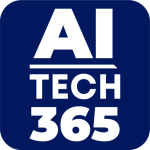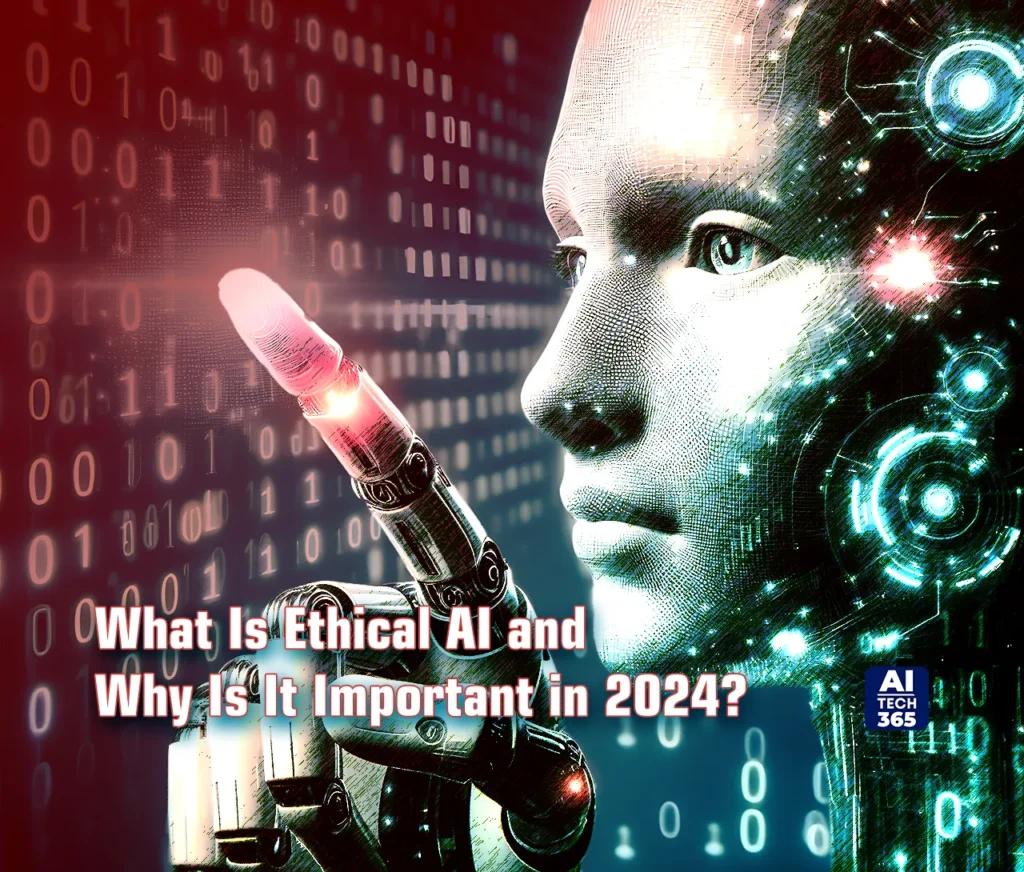The possibility of creating artificial intelligence, or AI, that can think raises many ethical concerns. In 2020, Google Vision AI incorrectly identified pictures of people with dark skin holding thermometers as “guns” while classifying comparable pictures of people with light skin as “electronic devices.”
This is just one example; there are plenty of such incidents. With the conversational AI market set to reach a valuation of $48,468.4 million by 2031, the importance of ethical AI model training is paramount. Let’s understand more about it.
What are AI Ethics?
A set of moral guidelines and practices known as AI ethics (ethical AI) guide the creation and appropriate application of AI technology. Organizations are beginning to create AI codes of ethics as AI has become a necessary component of products and services.
The moral and ethical issues surrounding the creation and application of artificial intelligence are the main focus of the field of AI ethics. It seeks to answer significant issues like how to guarantee that self-governing robots behave morally.
How Ethical is AI?
AI ethics are a big deal. AI has massive benefits, but also gender bias, accountability, privacy, and misinformation. Collaboration and regulation are key to responsible AI. Balancing technology and values is important. Following the guidelines and being transparent, inclusive, and fair is key to ethical AI. There are challenges, but ongoing conversations and good decision-making can help us navigate the AI ethics landscape.
Why is Ethical AI Important?
While AI can be great for humans, it also comes with ethical considerations we can’t ignore. As these systems are being used across industries, AI can impact credit, employment, education, competition, and more. But without ethics in AI algorithms, we can’t guarantee that AI won’t let some actors do more harm than good.
As AI has been employed more widely in recent years, it has been accused of promoting false information, continuing prejudice in the provision of services, and profiling particular societal groups, among many other ethical issues.
AI ethics is rarely the domain of duty for data scientists, software development teams, and other AI lifecycle players. Software engineers frequently place greater emphasis on a system or product’s ability to carry out its intended purpose than on its long-term effects and social and ethical ramifications. For this reason, to guarantee the moral development and use of AI systems, we must involve a variety of stakeholder groups, including members of civil society.
What Are AI Ethical Issues?
AI algorithms can be opaque and complex and prone to error, bias, profiling, discrimination, and unfair practices. This is because algorithms are created by human AI engineers, and humans are not objective. This is also because of historical biases and prejudices in the data AI systems learn from. If AI engineers don’t address data bias, AI systems will replicate it. Ethical issues arise in many areas of AI adoption.
In 2018, there was prejudice in Google’s facial recognition software toward African Americans being categorized as “gorillas” by Google Photos’ picture recognition algorithms. Another example is Amazon’s resume screening technology. It was trained on the resumes of mostly male applicants for technical positions during the previous ten years, it was biased against women. It searched the resume for the term “women’s” (e.g., “women’s only college”).
People are now blaming algorithms for injustices that affect their lives, such as being denied bail by judges who rely on automated systems or their children being unfairly denied college admissions.
Also Read: 10 Examples of AI as a Service (AIaaS) You Need to Know
How Can We Establish AI Ethics?
Artificial intelligence operates based on its design, development, training, and usage, making AI ethics crucial throughout its lifecycle. But how can we ensure ethical standards in AI?
Organizations, governments, and researchers are developing frameworks to address AI ethical concerns. These frameworks commonly include:
- Governance: Overseeing AI through policies, processes, and systems to align with principles, values, and regulations.
- Principles and Focus Areas: Implementing principles like explainability and fairness to guide AI development and mitigate risks.
For instance, IBM’s AI Ethics Board exemplifies effective governance by providing centralized oversight and decision-making. Building ethical AI can significantly benefit society, particularly in fields like healthcare.
How Can You Make AI More Ethical?
Making AI more ethical means looking at policy, education, and technology. Regulatory frameworks can ensure technology benefits society, not harms it. Globally, governments are starting to implement policies for ethical AI, including how companies should handle legal issues if bias or harm occurs.
Anyone who interacts with AI should know the risks and potential harm of unethical or fake AI. The creation and dissemination of accessible resources can mitigate those risks.
It sounds weird to use technology to detect unethical behavior from other technologies. However, AI can be used to identify whether or not hate speech on Facebook, for example, or other types of audio, video, or text is phony. More quickly and accurately than people, these systems can identify biases and unethical data sources.
What Does Ethical AI Mean For Businesses?
As AI becomes more mainstream, public awareness of the risks grows, and regulatory scrutiny increases, businesses are being forced to ensure they design and deploy AI ethically.
Soon, businesses will be required to include ethical AI in their work. For example, in New York City, upcoming legislation will require independent, unbiased audits of automated employment decision tools used to screen candidates for jobs or employees for promotions. Colorado, legislation banned insurance companies from using discriminatory data or algorithms in their practices.
The EU AI Act is the EU’s proposed law to govern the development and use of ‘high-risk’ AI systems, including those in HR, banking, and education. It is the first law in the world to govern AI holistically.
Conclusively
Ethical AI is the key to responsible AI development and use. While current AI has few unique ethical problems, AI algorithms mimicking human thought will have predictable problems. Requirements like transparency and predictability are needed when AI algorithms play social roles.
As AI gets more advanced with new technologies coming up like no-code or low-code AI. The need for new safety guarantees and artificial ethics need to be engineered. AI with advanced mental states and moral status will have personhood problems and new rules to define. By addressing these ethical issues, we can have an AI that serves humanity responsibly and ethically.

